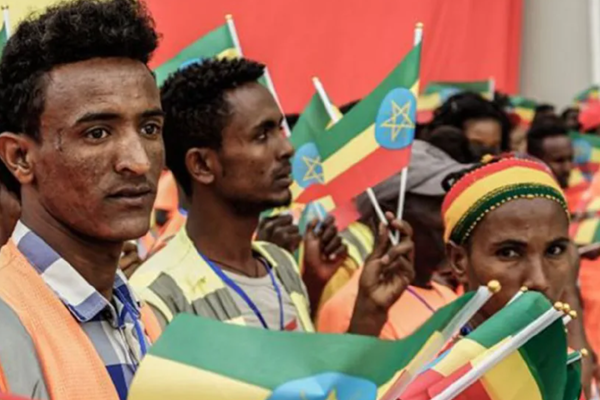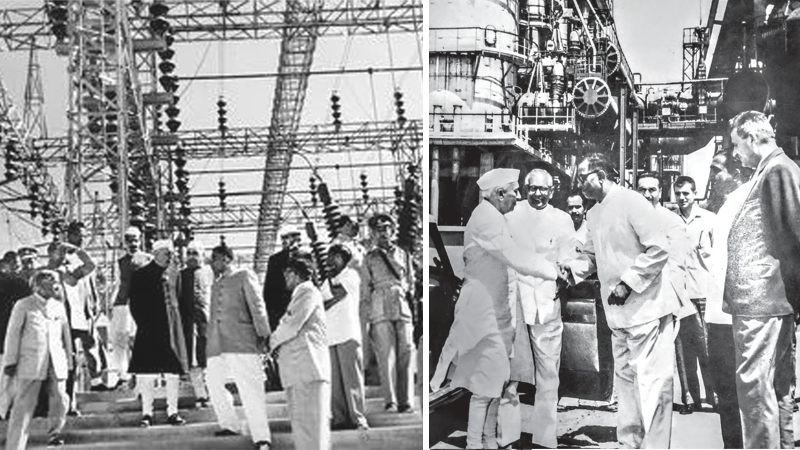Counting Castes, Counting Controversies: Supreme Court, the Census and the OBC Question
Editorial
The Final Reformation: Ambedkar's Buddhist Revolution
On October 14, 1956, Dr. B.R. Ambedkar did not merely change his religion; he staged a profound moral revolution. His historic conversion to Buddhism, followed by hundreds of thousands, was the culmination of a lifelong struggle for three core principles: liberty, equality, and reason. It was an act of intellectual and spiritual defiance that continues to resonate.
For Ambedkar, the caste system was the very antithesis of liberty. It was a divinely sanctioned prison, condemning millions to a fixed fate based on birth. By walking away from it, he enacted the ultimate declaration of independence. He chose a path where liberation was not granted by birthright but achieved through self-effort and moral conduct, as taught by the Buddha. This was a liberty of the mind and spirit.
The quest for equality was the beating heart of this act. The Buddha’s Sangha was a radical community where all were equal, a stark contrast to the hierarchical varna system. Ambedkar did not seek equality within a structure that inherently denied it; he sought a new foundation for human dignity altogether. Buddhism provided this, offering a theology of universal compassion that made caste an irrelevance.
Finally, Ambedkar’s choice was a triumph of reason over blind faith. He was drawn to Buddhism because it welcomed critical inquiry. The Buddha’s advice to test teachings for oneself aligned perfectly with Ambedkar’s modern, scientific temperament. He did not ask for faith; he asked for thoughtful engagement.
Ambedkar’s conversion was thus a powerful synthesis of these ideals. It was a reasoned, equitable, and liberating path for those denied all three. It remains a timeless lesson in the courage to build a new world on the foundations of justice when the old one refuses to reform.
Chidambaram’s Late Awakening — Courage or Convenience?
Former Finance Minister P. Chidambaram’s recent remarks on Operation Blue Star have reopened an old wound — not just for the nation, but for the Congress Party itself. His statement that the 1984 military operation was “the wrong way” to deal with militants inside the Golden Temple has angered both the party’s leadership and grassroots workers. More than four decades later, such moral reflection seems less an act of courage and more one of convenience.
If Mr. Chidambaram truly believed Operation Blue Star was a historic blunder, should he not have resigned from the Congress or distanced himself from successive governments that glorified Indira Gandhi’s decision? To voice dissent after enjoying every privilege and protection from the same party leadership sounds hollow. A man of his intellect and seniority knows that words carry weight — and consequences.
His earlier comment about considering “military retribution” after the 26/11 attacks also raises questions about political opportunism and selective recollection. Why speak now, when the moment of accountability has long passed? The Congress leadership is right to feel embarrassed; these statements, instead of introspection, seem to serve personal positioning.
Equally troubling is the perception that Mr. Chidambaram, once defiant against state agencies, now moderates his tone under pressure from the ED and CBI. Has the outspoken minister, once a defender of institutional integrity, chosen silence when it matters most — and speech only when it is safe?
In politics, timing defines integrity. Chidambaram’s delayed critique of his own party’s decisions reveals not bravery but opportunism. True courage lies in speaking truth to power when it costs something — not when history has already moved on.
Exchange of Captives — A Ray of Humanity Amid Conflict
The release of Israeli hostages by Hamas and the return of Palestinian captives from Israeli prisons mark a rare moment of humanity in an otherwise relentless conflict. For the families who waited in agony, this exchange brought long-overdue relief and the faint promise of reconciliation.
Over two years of captivity had turned the hostages into symbols of political deadlock. Their freedom, alongside the return of nearly two thousand Palestinian detainees — many held without formal charges — underscores the shared suffering on both sides. It is a reminder that civilians always bear the heaviest burden of war.
While political leaders and negotiators, including those in Egypt and the United States, are claiming credit, the real victory lies in the courage of families who never stopped demanding compassion over vengeance. The exchange must now become a foundation for dialogue, not another tactical pause.
Peace cannot be built on prisons and hostages. If this moment of release is to mean anything, it must inspire both sides to recognize the humanity of the other and to move, however cautiously, from retribution to reconciliation. In a region scarred by mistrust, every life freed is a step toward moral renewal.


 SAS Kirmani
SAS Kirmani















